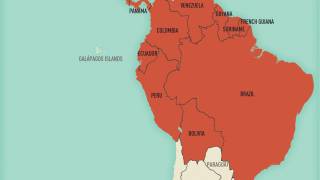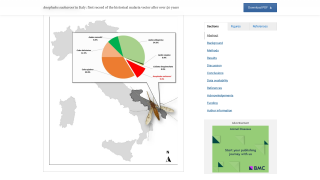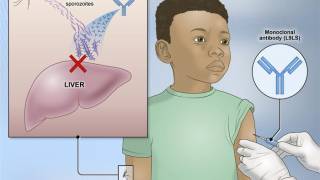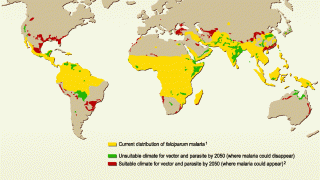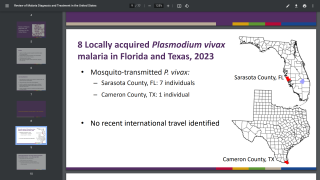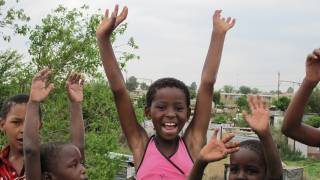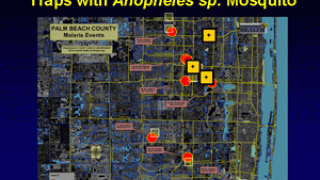Nets Treated with Pyrethroid-Chlorfenapy Recommended During Malaria Outbreaks

The World Health Organization (WHO) recently updated its malaria policy guidelines to recommend using long-lasting insecticidal nets (LLINs) treated with a combination of insecticides, which researchers say could be a game-changer in the global fight against the disease if managed effectively.
The WHO now recommends that malaria-endemic regions experiencing pyrethroid resistance switch to the more effective pyrethroid-chlorfenapyr nets.
According to the WHO announcement on March 14, 2023, there has been a growing resistance of malaria-transmitting anopheles mosquitoes to pyrethroid, the insecticide currently used in insecticide-treated nets.
Until now, WHO recommended only nets treated with pyrethroid for malaria control in endemic regions.
The new WHO recommendation follows research conducted by the London School of Hygiene and Tropical Medicine (LSHTM).
The LSHTM's Interceptor G2 nets, which combine pyrethroid with chlorfenapyr, induce muscle cramps in mosquitoes, stopping them from moving or flying and curtailing their ability to spread malaria.
A study published by The Lancet in January 2023 concluded that chlorfenapyr-pyrethroid LLINs provided greater protection from malaria than pyrethroid-only LLINs in an area with pyrethroid-resistant mosquitoes.
Pyriproxyfen-pyrethroid LLINs conferred protection similar to pyrethroid-only LLINs.
This study's findings confirm the importance of chlorfenapyr as an LLIN treatment to control malaria in areas with pyrethroid-resistant vectors.
However, an arsenal of new active ingredients is required for successful long-term resistance management, and additional innovations, including pyriproxyfen, need to be further investigated for effective vector control strategies.
The WHO says four African countries accounted for about 50% of malaria deaths worldwide: Nigeria (31.3%), the Democratic Republic of the Congo (12.6%), the United Republic of Tanzania (4.1%), and Niger (3.9%).
In the Region of the Americas, Brazil and Venezuela reported the most malaria cases in 2022.
This study was funded by UNITAID and The Global Fund. No industry conflicts of interest were disclosed.
Note: The WHO Guidelines for malaria supersedes 2 previous WHO publications: the Guidelines for the treatment of malaria, third edition, and the Guidelines for malaria vector control. Recommendations on malaria will continue to be reviewed and, where appropriate, updated based on the latest available evidence.
Our Trust Standards: Medical Advisory Committee











